With its ensemble of top-quality soloists, its chorus and the nationally and internationally acclaimed company of the Ballett am Rhein, Opernhaus Düsseldorf has established itself as a leading European venue for opera and dance.
The Deutsche Oper am Rhein Düsseldorf Duisburg gGmbH is a theatre partnership between the cities of Düsseldorf and Duisburg which can look back on a long tradition of collaboration between the two cities. Since it was founded in 1956, it has consistently been one of Germany’s largest opera houses.
It is located in one of the most extensive and densely-populated cultural regions in Germany. The cities of Düsseldorf and Duisburg alone possess almost 1.1 million inhabitants and both the adjacent regions and a large number of guests from further afield benefit from the artistic excellence offered by the Deutsche Oper am Rhein.
At its two venues, Opernhaus Düsseldorf and Theater Duisburg, whose combined audience capacity is around 2,400 people, it presents more than 280 events each year. These include opera and operetta, ballet, contemporary music theatre productions and a programme for young audiences, as well as gala concerts and numerous special events together with a contextual programme.
As a consequence, the great classics of the operatic canon – the works of Mozart, Verdi, Puccini and Strauss – are as much part of the repertoire on stage in Düsseldorf and Duisburg as rare pieces of baroque opera, significant works of the modern age and commissions from composers of our own time such as Helmut Oehring, Anno Schreier, Marius Felix Lange, Jörn Arnecke and Lucia Ronchetti.
A sense of the variety of staging vocabulary represented in recent years is evident from names such as Lotte de Beer, Johannes Erath, Tatjana Gürbaca, Claus Guth, Stefan Herheim, David Herman, Dietrich W. Hilsdorf, Immo Karaman, Barrie Kosky, Ilaria Lanzino, Lydia Steier, Elisabeth Stöppler, Michael Thalheimer and Rolando Villazón.
This many-sided repertoire is sustained by the artistic ensembles that the Deutsche Oper am Rhein is able to bring together. The largest ensemble of soloists in the world includes both experienced and internationally acclaimed singers in addition to many young artists launching their careers from Düsseldorf and Duisburg. The current full-time ensemble consists of 47 soloists and six members of the Opera Studio. This is supplemented by a series of guest artists, many of whom enjoy a close and long-standing association with the Deutsche Oper am Rhein.
The dancers of the Ballett am Rhein are at the heart of their work. Because the beginning of every work of art lies in the dancer's body itself and in its ability to tell stories and convey feelings and states. Their vision of dance is always based on the diverse use of ballet technique: the dancer's body becomes the instrument of the idea behind the choreography and releases the creative energy of each individual. This opens up new dimensions of movement diversity, combining technical brilliance with a strong inwardness and desire for movement.
Düsseldorf’s opera house on Heinrich-Heine-Allee is located at the edge of the historic city centre, directly between the Hofgarten and Königsallee, and is within walking distance of the promenade on the bank of the Rhine.
The new City Theatre opened in 1875 in a design by the architect Ernst Giese. The building, which recreated the style of the Italian Renaissance with its round frontage and 1,260 seats, bore a resemblance to other representative theatre buildings such as the Semperoper in Dresden.
Two air raids in 1943 left the theatre severely damaged. After the war, a period of temporary arrangements followed until the opera house was rebuilt in its present form in the mid-1950s. Extensive rebuilding work based on plans drawn up by the architects Julius Schulte Frohlinde, Paul Bonatz and Ernst Huhn were intended to correct the hasty repairs of the war years and redefine the opera house’s profile. The front of the building with its simple façade, the elegantly curved stairs of the foyer and numerous stylistic elements from the 1950s now enjoy protected monument status.
Between 2006 and 2007, the City of Düsseldorf commissioned extensive renovations to the opera house. The building was visibly extended by a rehearsal studio for the ballet and orchestra that is flooded with light. This opens onto the Hofgarten and Königsallee with a ten-metre wide and eight-metre high glass façade. The auditorium now has capacity for a maximum of 1,296 visitors. Downstairs in the basement lies the costume store, which holds some 50,000 different costumes – a major attraction on every guided tour of the opera house.


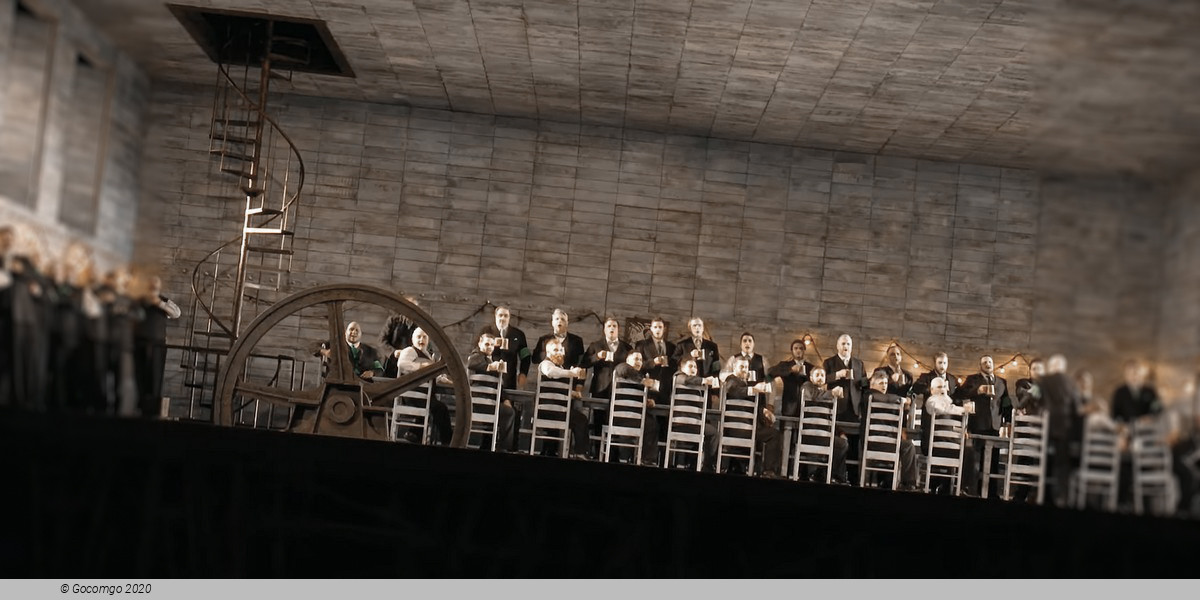
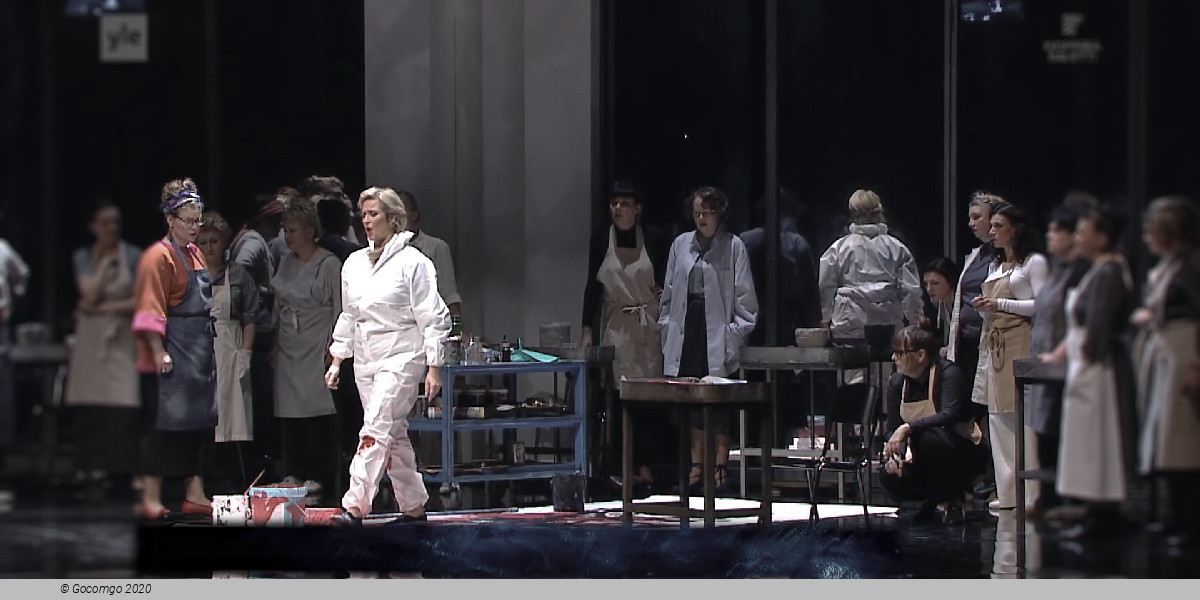
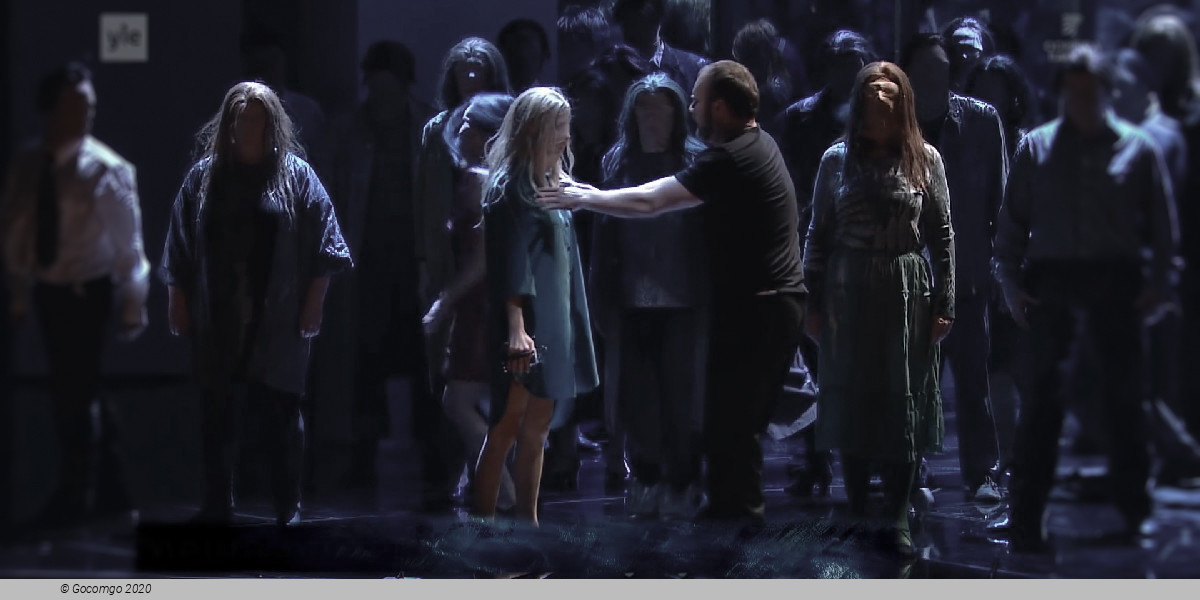
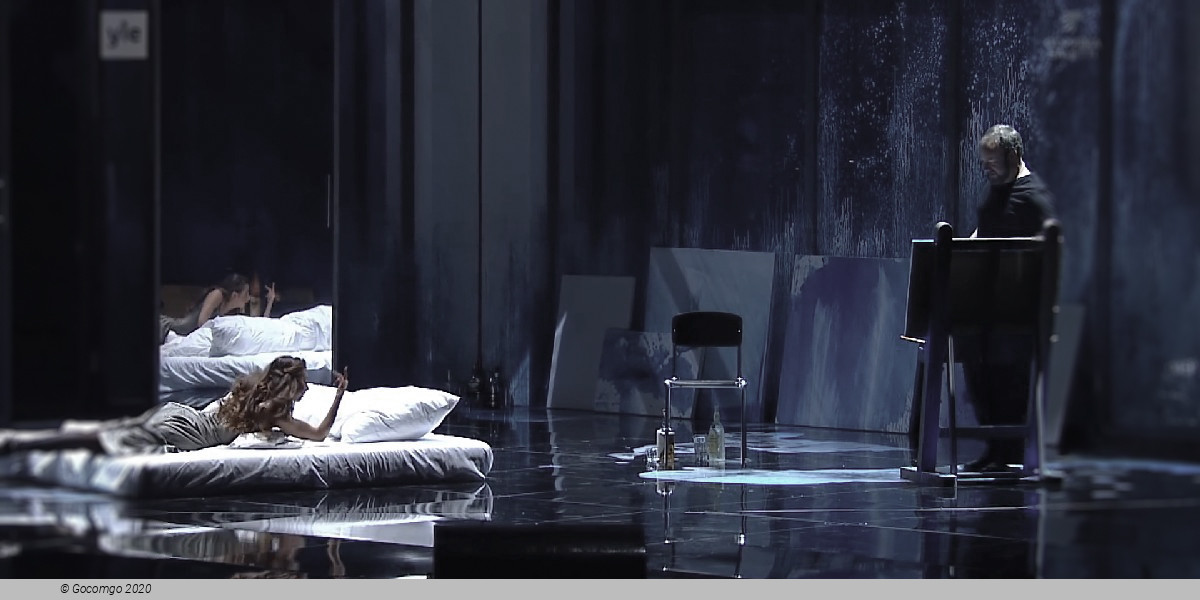
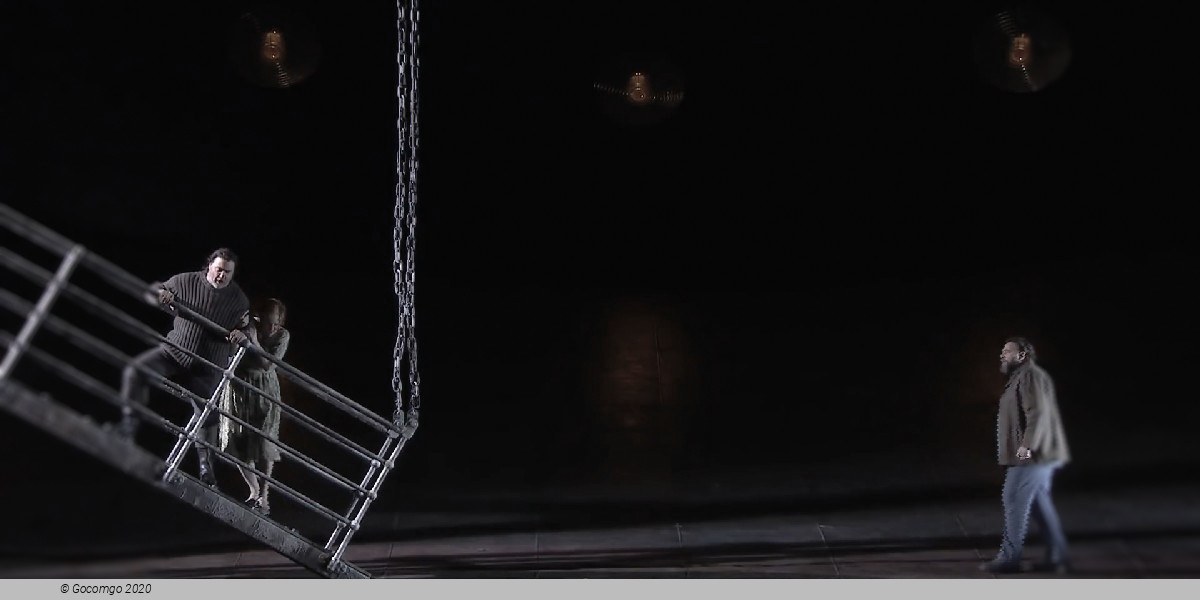
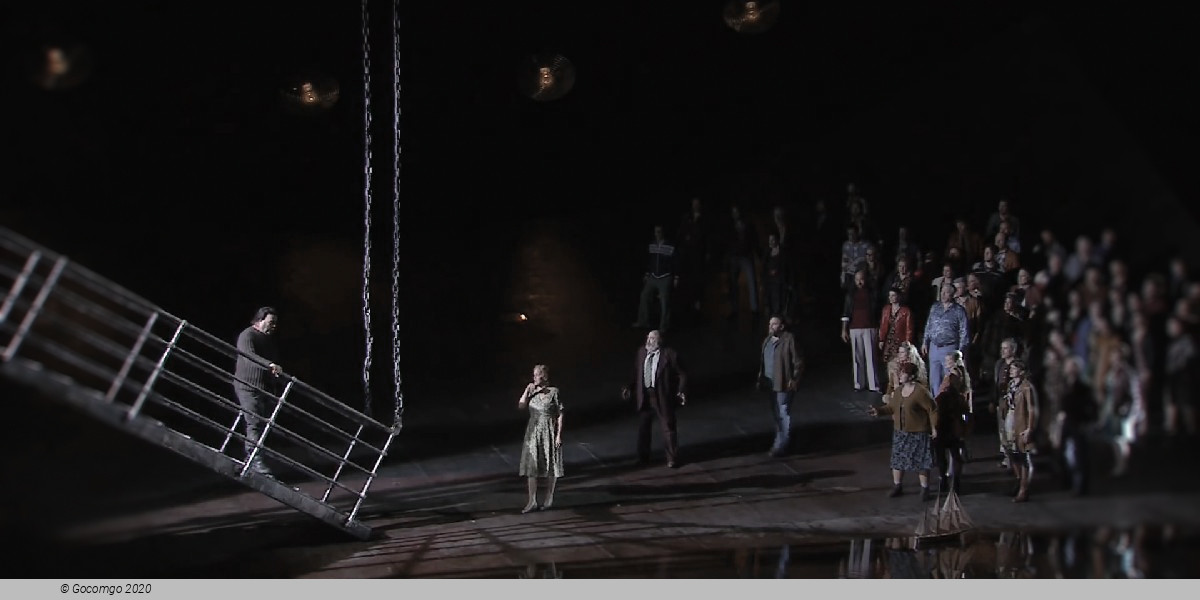
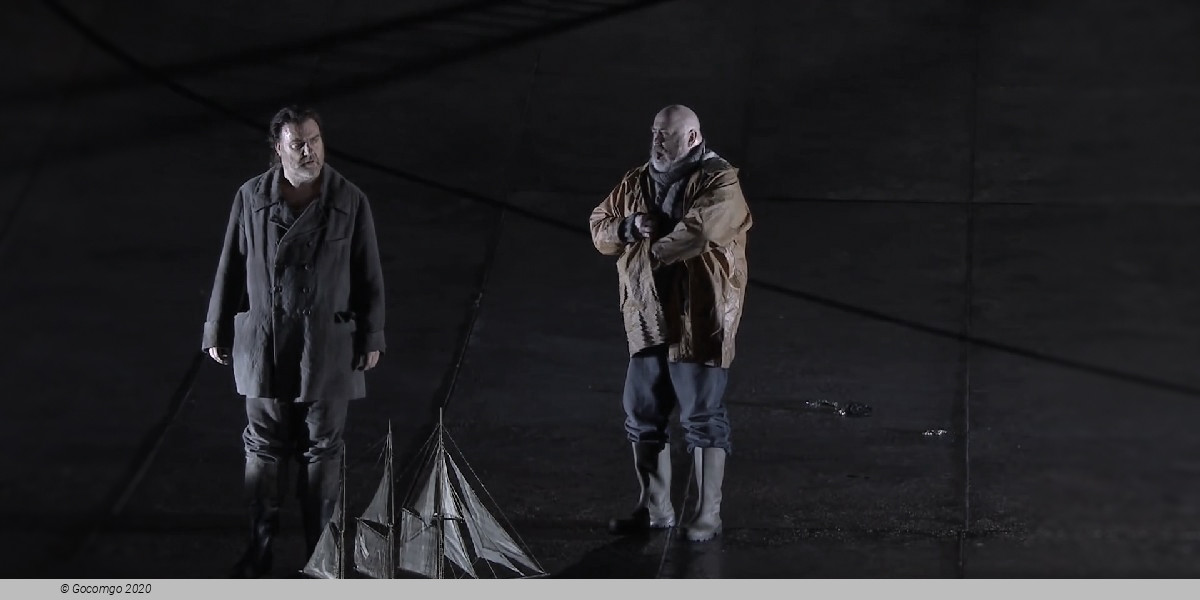
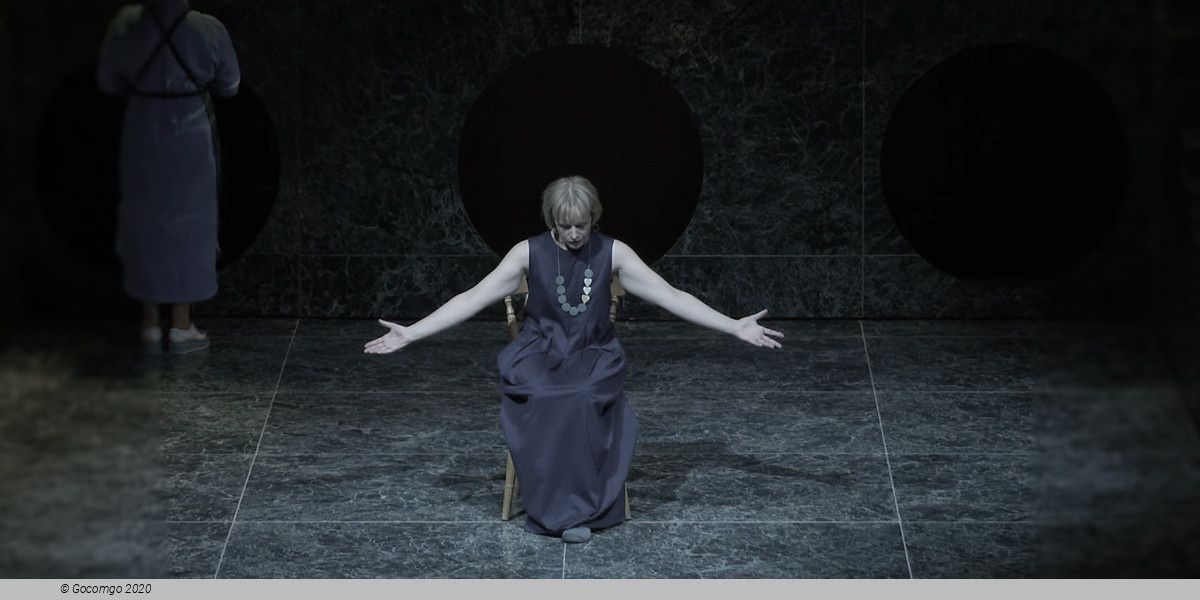
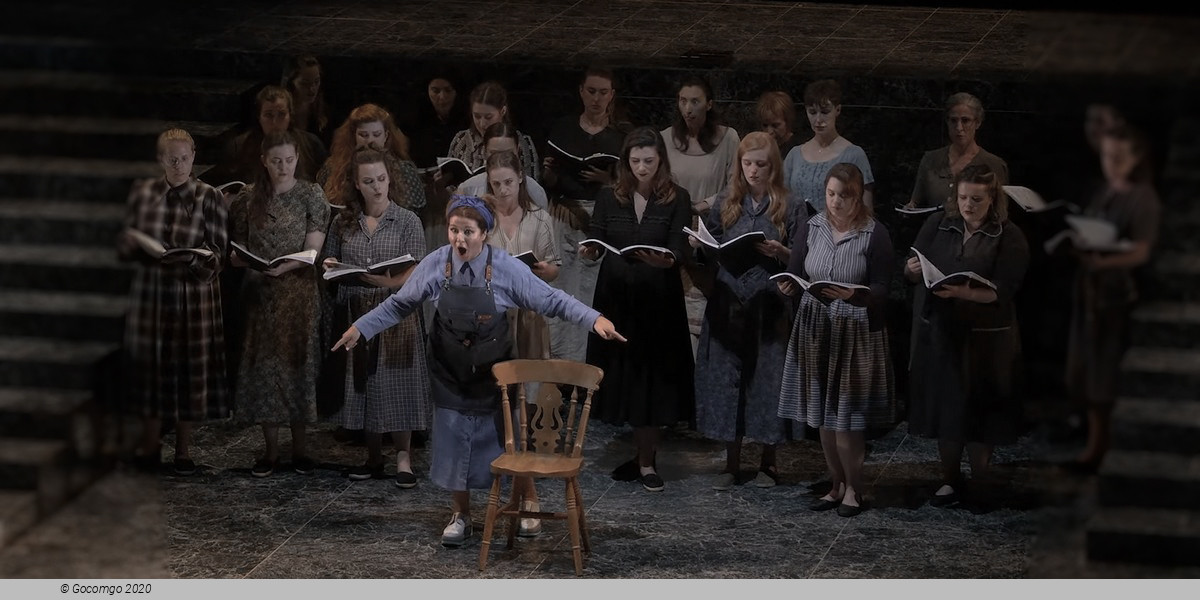
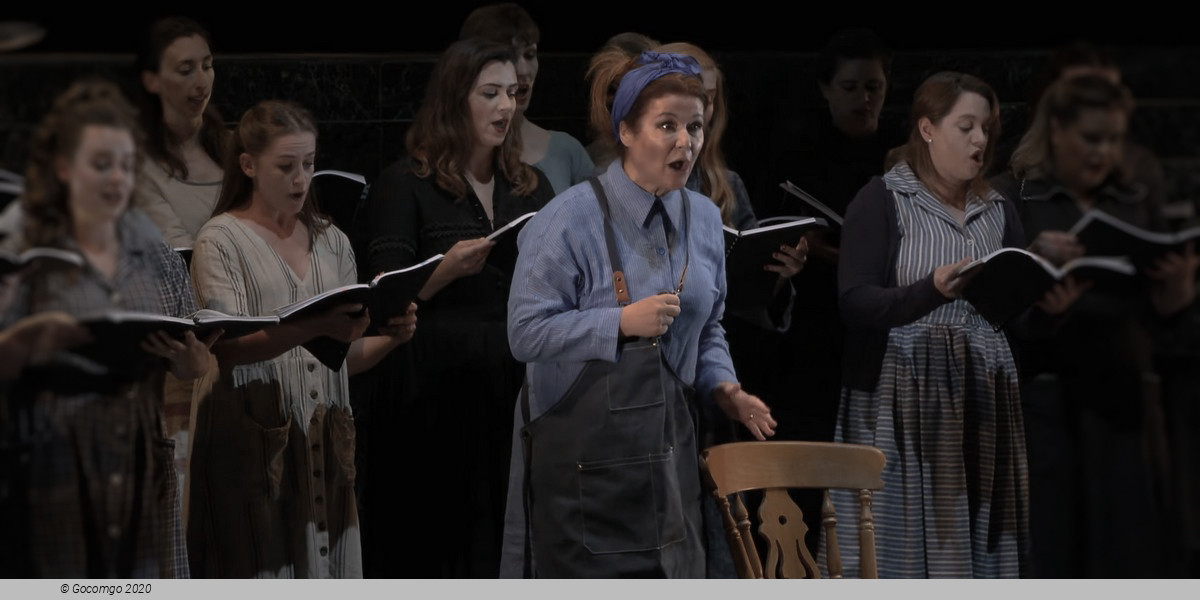
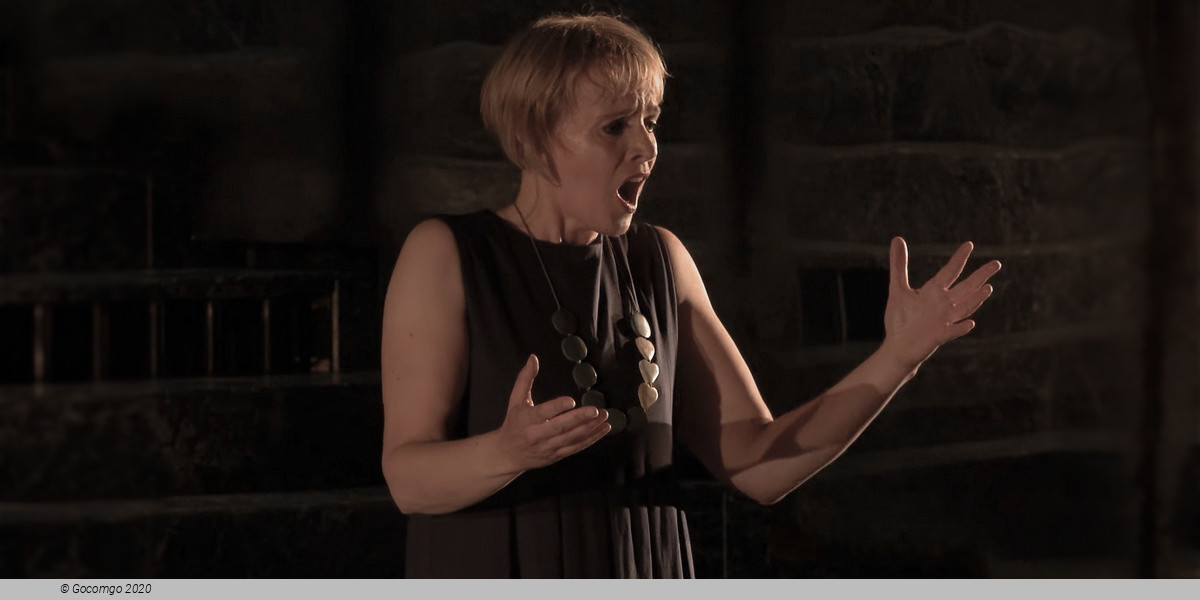
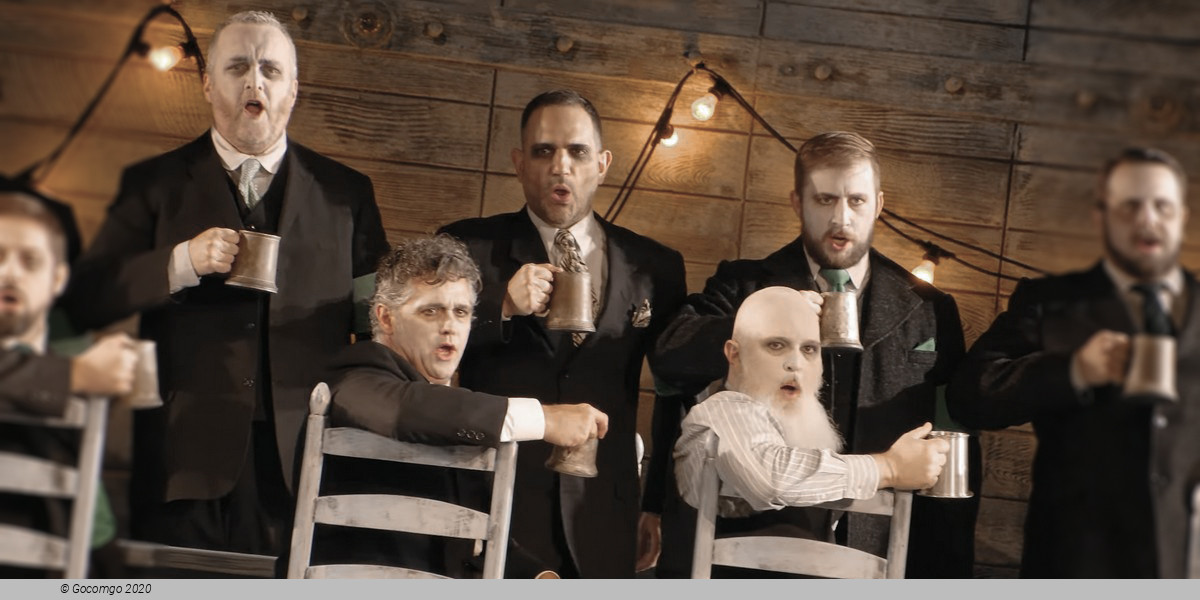
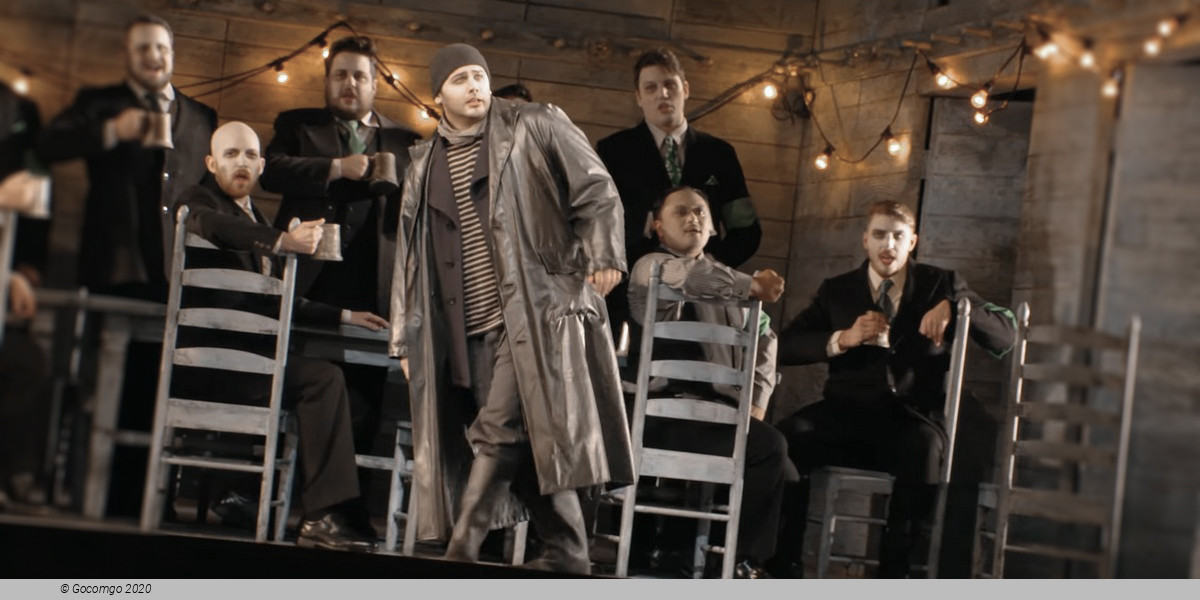
 Heinrich-Heine-Allee 16a, 40213
Heinrich-Heine-Allee 16a, 40213